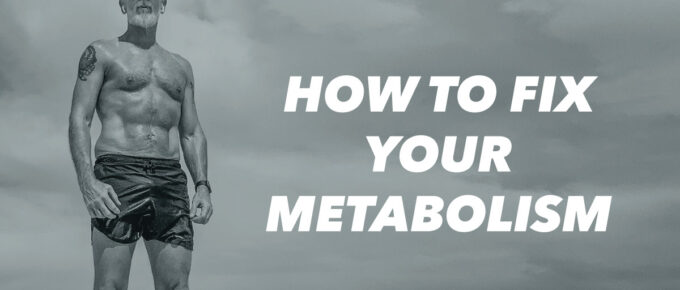Many runners who set out to achieve big goals will get it into their heads that things should just be happening faster. They should be losing weight faster, their running should be improving more …
Continue Reading about 146. Slow Down and Stay in the Flow →






